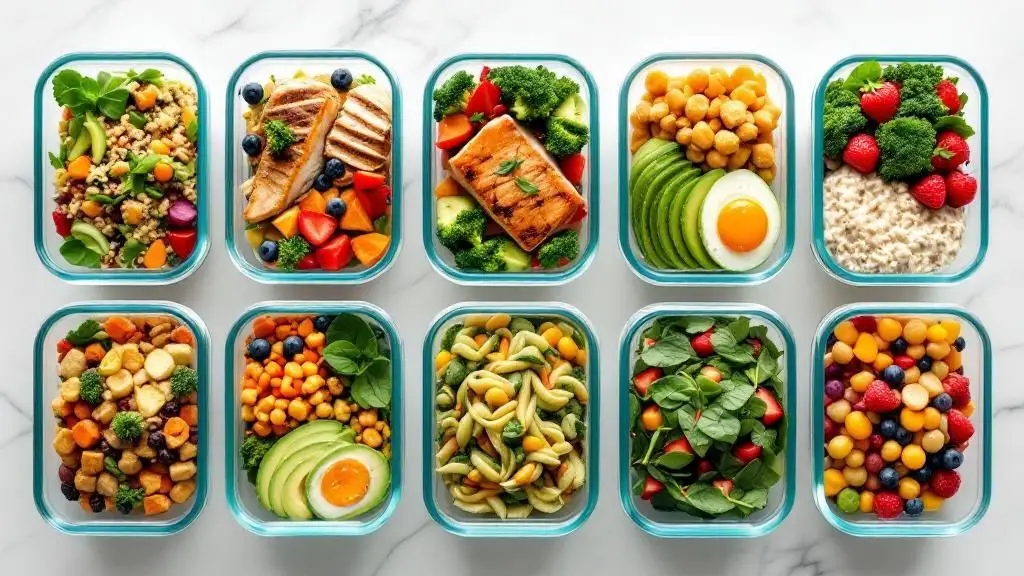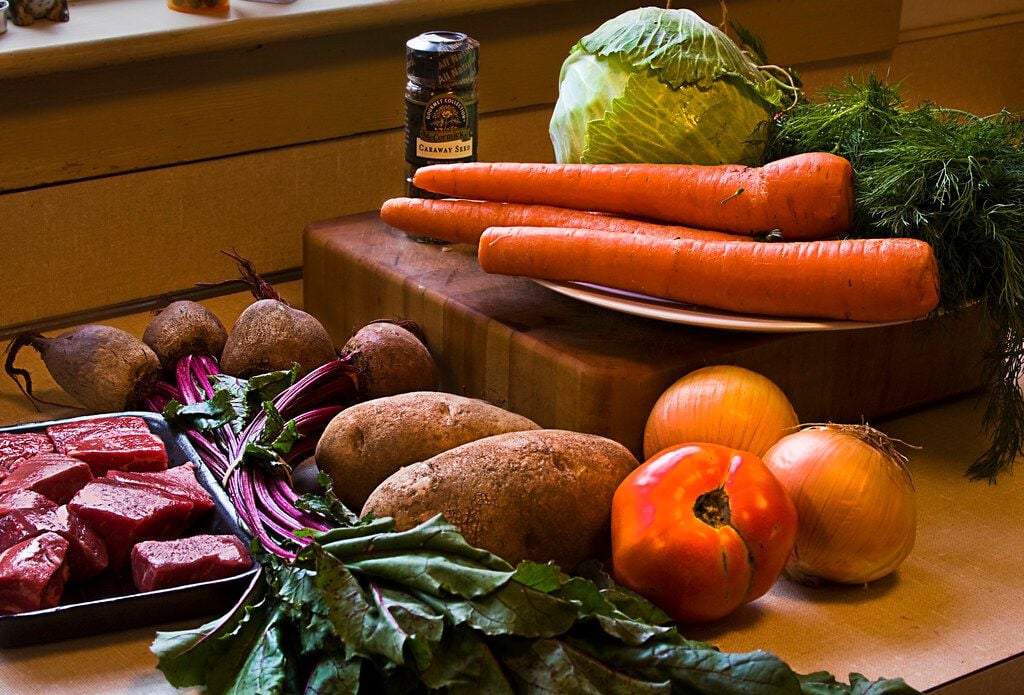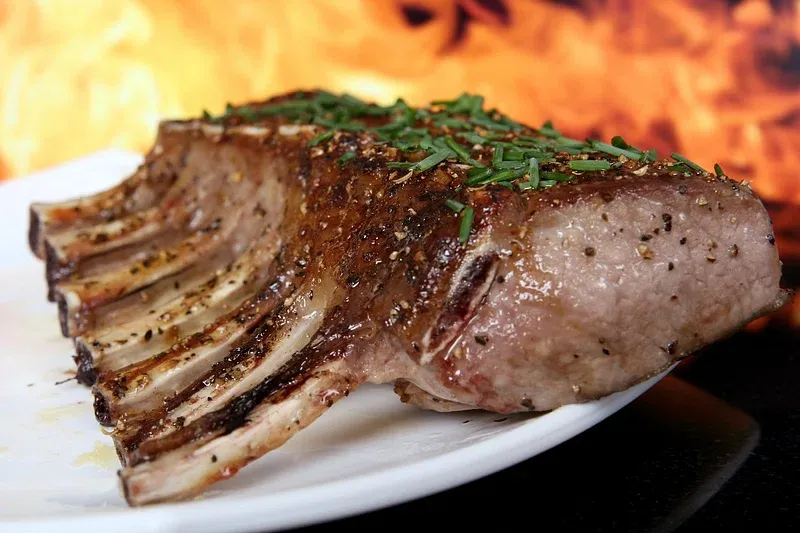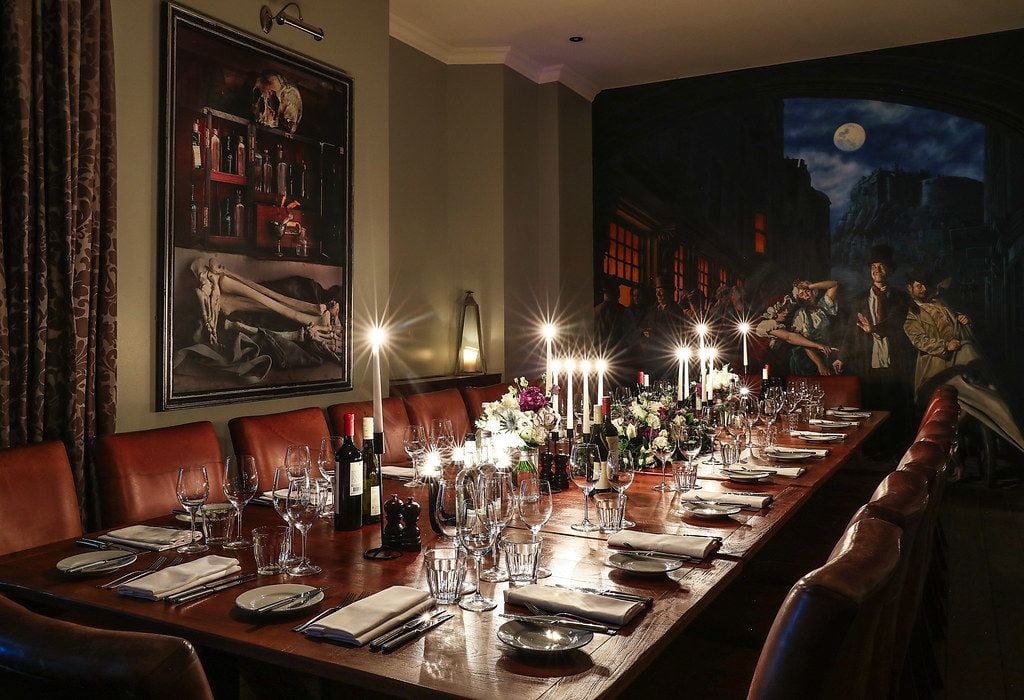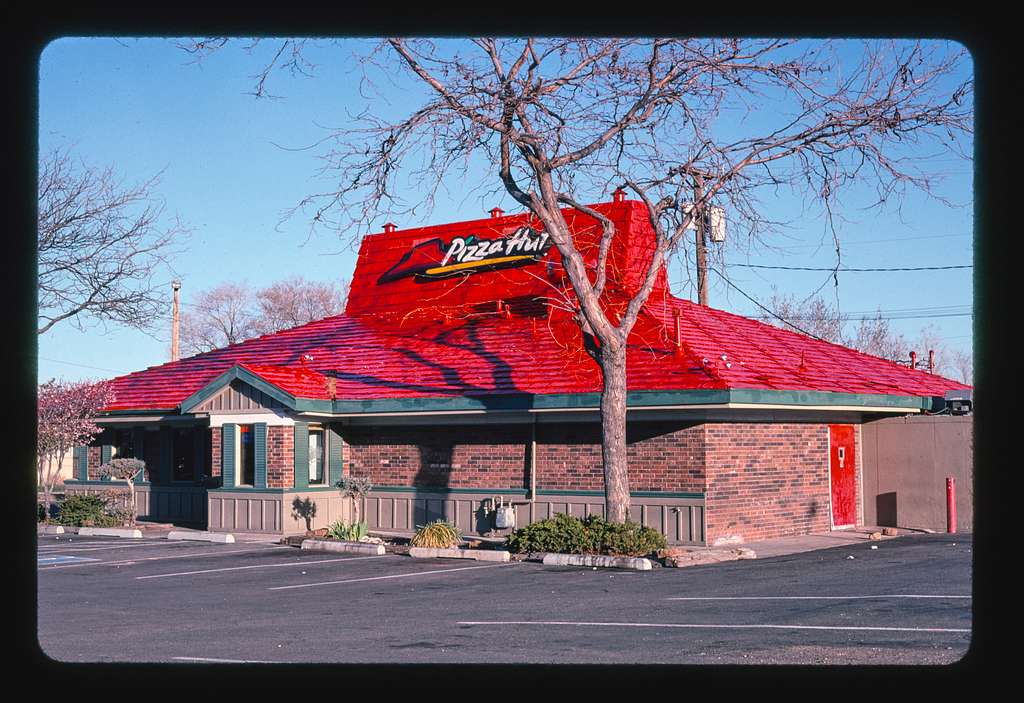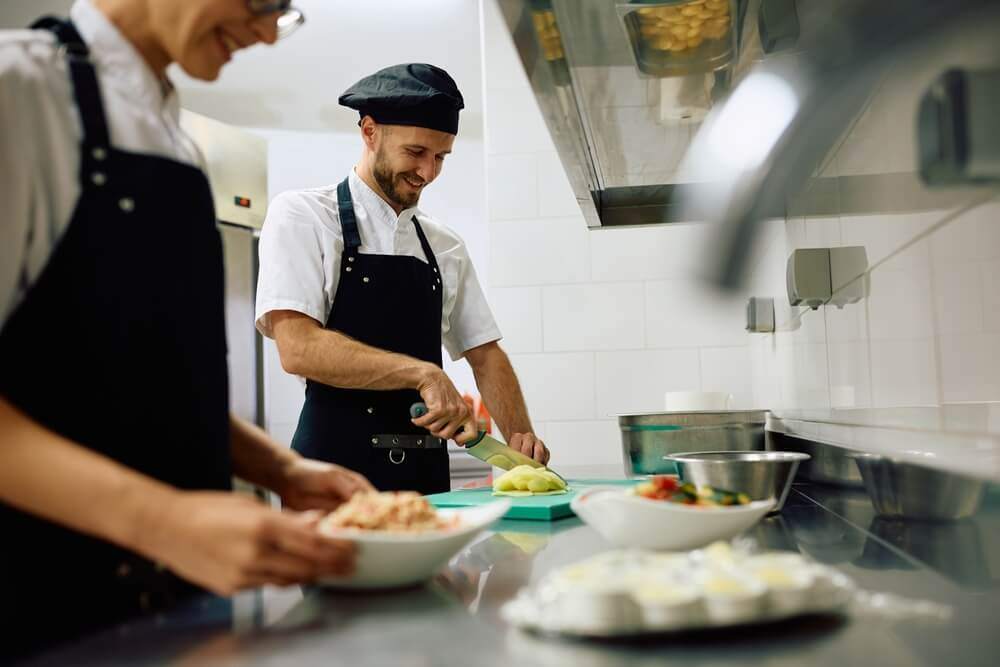
Eid Celebrations: More Than a Feast, a Tasteful Heritage
- Apr 13, 2024
As Ramadan draws to a close, Muslims worldwide look forward to Eid al-Fitr, a festival marking the end of a month dedicated to prayer, fasting, introspection, and charity. The day is particularly meaningful for the co-founders of beloved Instagram account and blog, MuslimFoodies: Tahirah Baksh, Sameen Choudhry, and Jiniya Azad. For them, waking up on Eid is not only spiritually uplifting but culturally enriching as it serves as a constant reminder of their diverse family traditions and favorite home-cooked meals.
Coming together in college over a shared interest in food, they launched a blog during the heydays of Instagram when people would post frivolously. As Azad described, "Everyone would post without thinking. No aesthetic feed, no curation, nothing. It was just food". Today, MuslimFoodies has grown into a gastronomical haven for both Muslims and culinary enthusiasts with a digital family of over 100,000 followers.
On Eid, the trio highlights the significance of traditional dishes that don’t necessarily make it to the ‘Gram. These dishes, meticulously cooked by the older generations for decades, mark the special occasion of Eid. Despite having staple ceremonies like the post-prayer “Eid nap,” they reflect the varied culinary heritage innate to the Muslim community. It's about preserving family recipes and acknowledging the diversity that creates the vibrant mosaic of traditions and experiences. Such diversity undeniably emphasizes that the Muslim community is a colorful spectrum of cultures, traditions, and experiences and not a monolithic entity.
Baksh, a New Yorker hailing from the Bronx and of Guyanese descent, praises Ramadan as a "month of mercy and forgiveness." In a Muslim-dominated neighborhood, her Eid is a day of community, celebration, and sharing love through food. Her family’s festive fare includes a spicy Guyanese duck curry accompanied by a sweet milky vermicelli.
Meanwhile, Choudhry, a Pakistani New Yorker, relishes her Eid breakfast which is a delightful array of Pakistani dishes like halwa puri and various curries. Her grandmother’s traditional dish, rice pudding mixed with vermicelli, or kheer, is a favorite. "Such a simple food, for us, it signifies so much," she says.
Azad, initially from the port city of Chittagong in Bangladesh, eagerly anticipates her mother's chotpoti stew every Eid. The stew, accompanied by her mother’s homemade tamarind sauce, is a nostalgic, familiar aroma for her, signaling Eid's arrival. Other favorites include a thick hearty haleem garnished with fried onions and cilantro.
Baksh echoes a sentiment shared by all three women: "Food in particular brings the community together…it’s always been our love language." The opportunity to invite friends and family over and share in the communal Eid revelry is precious.
However, Ramadan can stretch, with fasting hours seeming long, but the trio agree that the blessings of Ramadan are in its spirit of charity and solidarity. This Eid, their hearts are with the vulnerable communities of the Muslim world, especially Gaza, reminding others that not all Eids are alike.
By the time Eid begins, anticipation and joy overflow, often coming much quicker than expected each year. Azad describes Ramadan as a precursor to heaven, likening Eid to a small taste of paradise. "Eid is a snapshot of what’s to come in the afterlife after a month of abstaining and fasting…it’s a small glimpse into the reward we strive for," she says.

